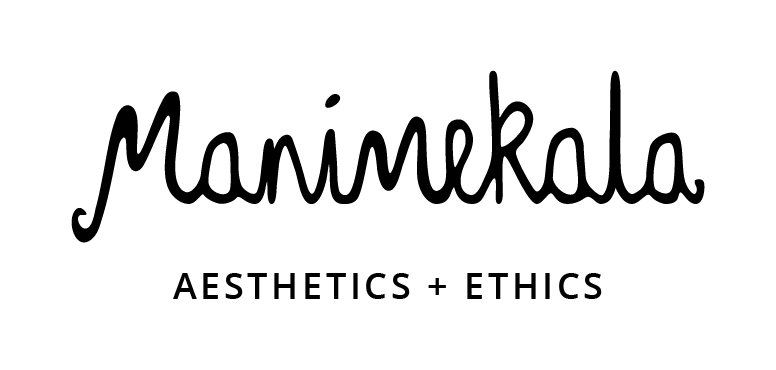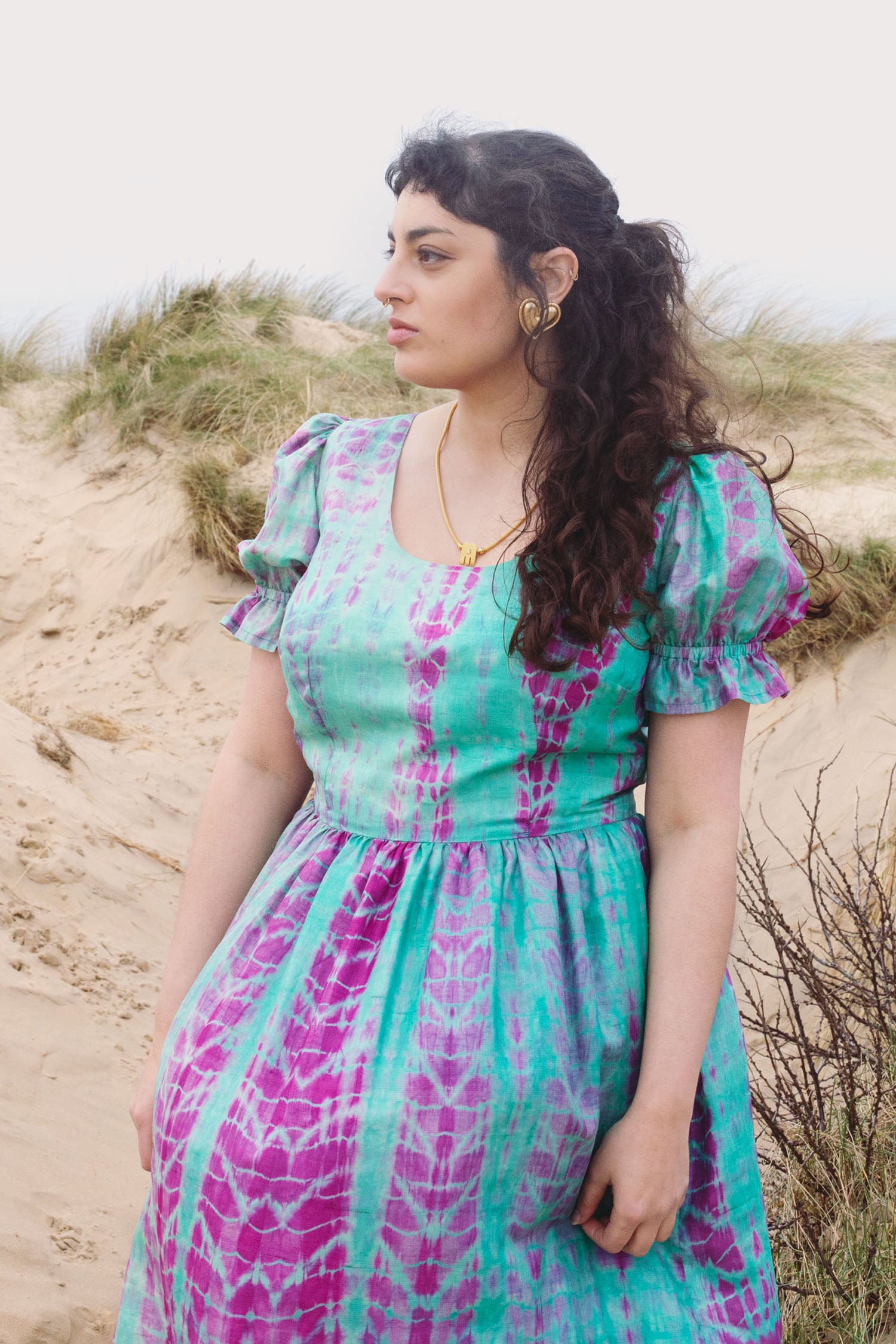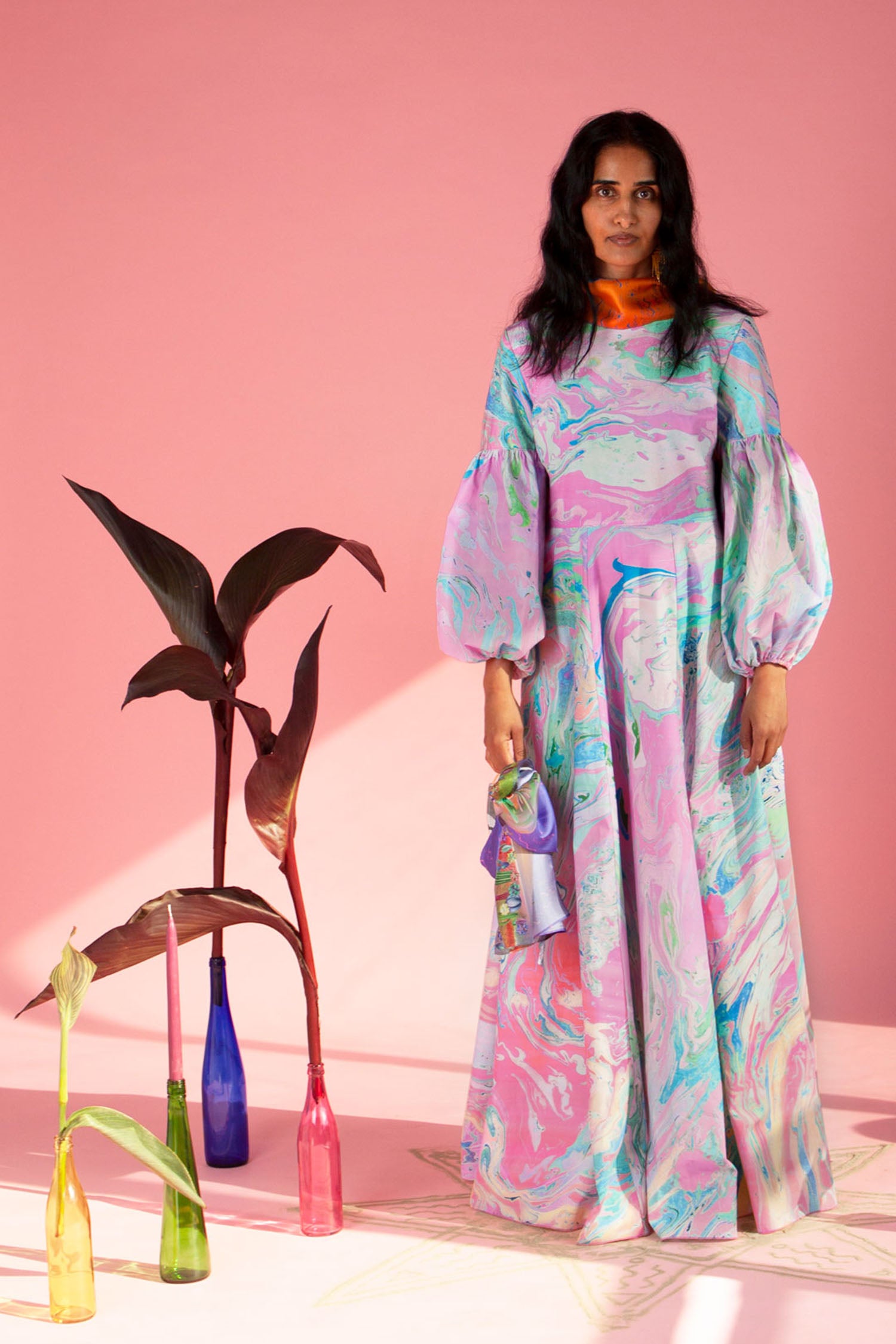Celebrating women
Reflecting on International Women's Day
This week we celebrate two days that stand as reminders of the invaluable contributions of women to our world: International Women's Day and Mother’s Day (in the UK).
These occasions offer us the opportunity to acknowledge the remarkable women in our lives, honour their achievements, and advocate for gender equality and empowerment. Let's explore the significance of these two dates and how they intersect with the world of fashion.

What is International Women's Day?
International Women's Day is a global day of celebration and advocacy for women's rights, equality, and empowerment. It's a time to recognise the achievements of women in various fields, and mark the progress made toward gender equality, while also highlighting the ongoing challenges and barriers that women continue to face worldwide.
The exploitation of women in garment manufacturing is a pervasive and deeply entrenched issue that continues to plague the global fashion industry. Women form the backbone of the garment manufacturing sector, comprising over 80% of the workforce, particularly in regions with a large apparel manufacturing sector such as Asia and Latin America. Despite their central role in producing the clothes that line the shelves of retailers worldwide, many women in garment factories face egregious violations of their dignity and rights on a daily basis.

Poverty wages
One of the most common forms of exploitation in the fashion industry is the payment of extremely low wages. Many women in garment factories earn poverty-level wages that are insufficient to meet their basic needs or support their families. Even if factories pay legal minimum wages, these are usually far below an actual living wage. Wage exploitation is often exacerbated by piece-rate payment systems, where workers are paid based on the number of garments they produce (rather than an hourly wage), leading to intense pressure to meet production targets. Long working hours and excessive overtime are common, with many women working 10-12 hour days, six or seven days a week. Forced and/or unpaid overtime is frequently imposed on workers to meet tight production deadlines, leaving them with little time for rest, leisure, or family obligations.
Unsafe working conditions
Women in garment factories often work in unsafe and hazardous environments, with little regard for their health and safety. Factors such as overcrowded and poorly ventilated workspaces, exposure to harmful chemicals, and inadequate safety equipment contribute to high rates of work-related injuries and illnesses among garment workers.
Lack of worker rights
Many women in garment factories lack access to basic labour rights and protections, including the right to organise and collectively bargain (i.e. to unionise), freedom of association, and access to effective complaints/reporting procedures. Union-busting, intimidation, and retaliation against workers who attempt to exercise their rights are common tactics employed by management and factory owners to suppress dissent and maintain close control over the workforce.
Gender-based discrimination
Women in garment factories often face additional discrimination based on their gender at the hands of managers, who are more likely to be male. Discrimination and harassment are rife in garment factories, including verbal and physical abuse, sexual harassment, and pregnancy-based discrimination. Women who become pregnant may face pressure to resign or endure mistreatment, and those with children are often forced to take lower-paying positions in order to work around childcare.


Mekala working on a sample
As we celebrate International Women's Day, closely followed by Mothers Day in the UK, let us not only honour the women who have shaped our own lives but also advocate for a more inclusive and equitable world for all women.
Let’s recognise the diverse experiences, contributions, and struggles of women across different cultures, backgrounds, and identities and acknowledge that the challenges faced by women are often compounded by factors such as race, ethnicity, class, sexuality, and ability. Realise that the clothing you wear may be perpetuating the exploitation of the mothers across the world who made it.
Let us amplify the voices of marginalised women, support efforts to dismantle systemic barriers, and strive to create a future where every woman and girl can not just survive, but thrive.

What can you do?
- Donate to on-the-ground activists such as Asia Floorwage Alliance
- Use your actions and voice to lift up your sisters across the world. Boycott and call out brands that perpetuate worker abuse - find a list here
- Support brands that are transparent about how they produce and who actively practise sustainable methods - but be careful of greenwashing! Small scale brands that produce locally to you are a good place to start.
And… what do we do at Manimekala?
Manimekala is a WOC-founded and owned brand, based on the principles of aesthetics + ethics. To ensure ethical treatment we avoid working with traditional for-profit factories. Instead we create the majority of our pieces in our own studio in south London, following a made-to-order model to produce only what is needed, and therefore reduce waste. We also partner with carefully selected female-led social enterprise artisan groups to support local craft skills. For example, we partnered with Saheli Women, a social enterprise fashion studio based in Rajasthan, India to produce a limited edition capsule collection. As Manimekala grows, we plan to connect and collaborate with more artisans, preserving traditional techniques and supporting women across the world to empower themselves through the medium of fashion.





Leave a comment
This site is protected by reCAPTCHA and the Google Privacy Policy and Terms of Service apply.